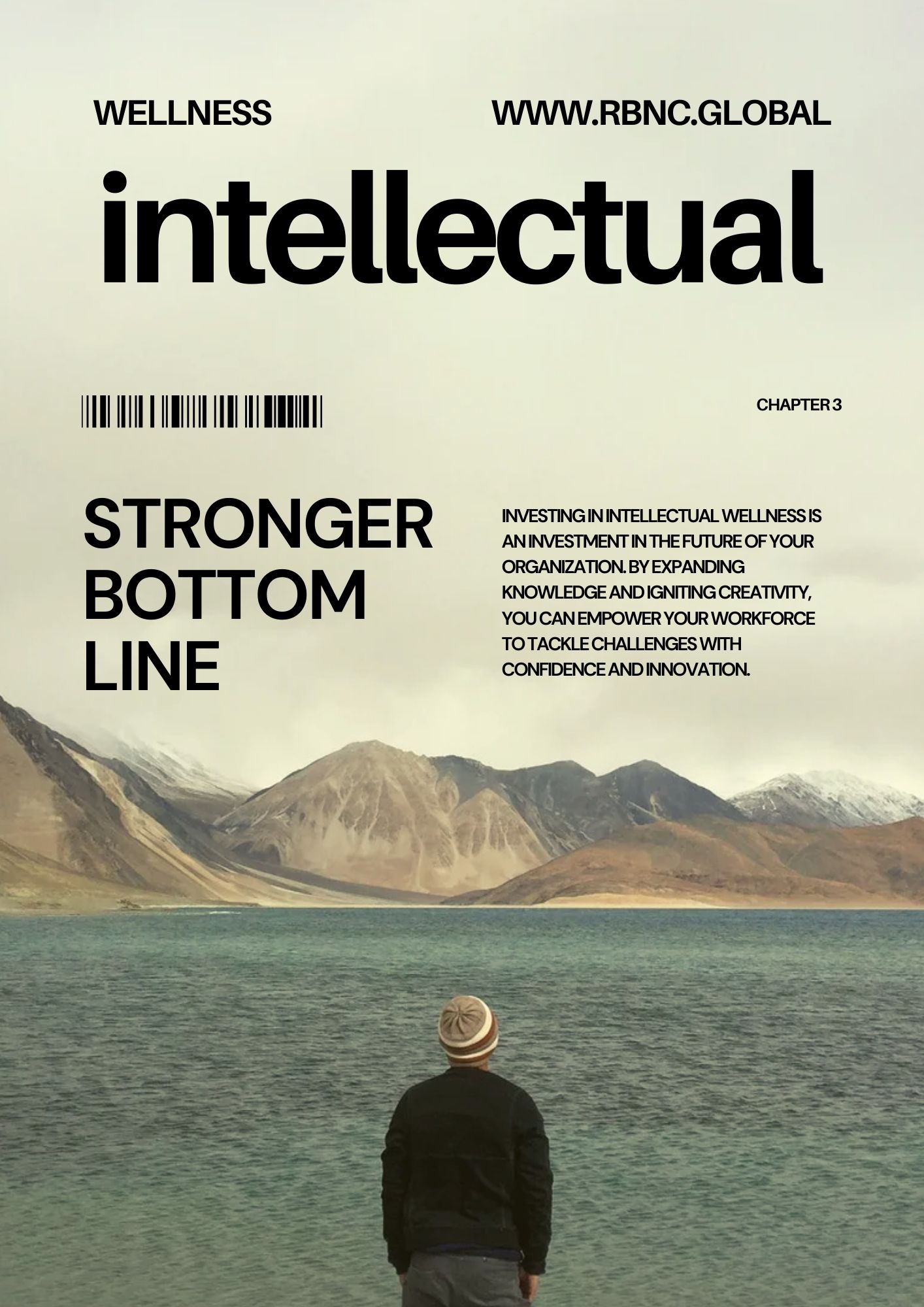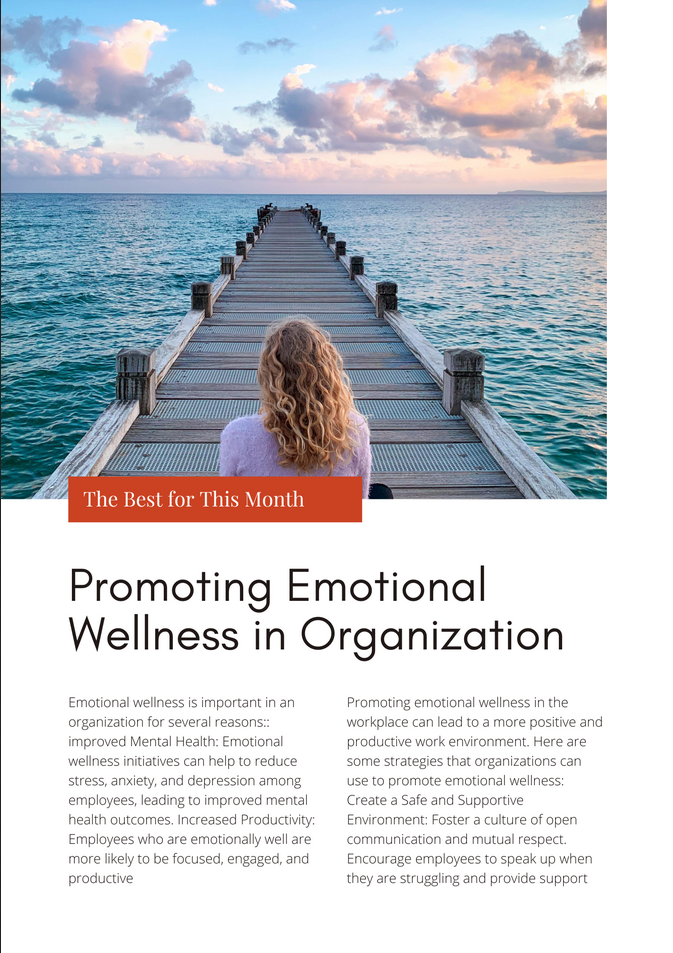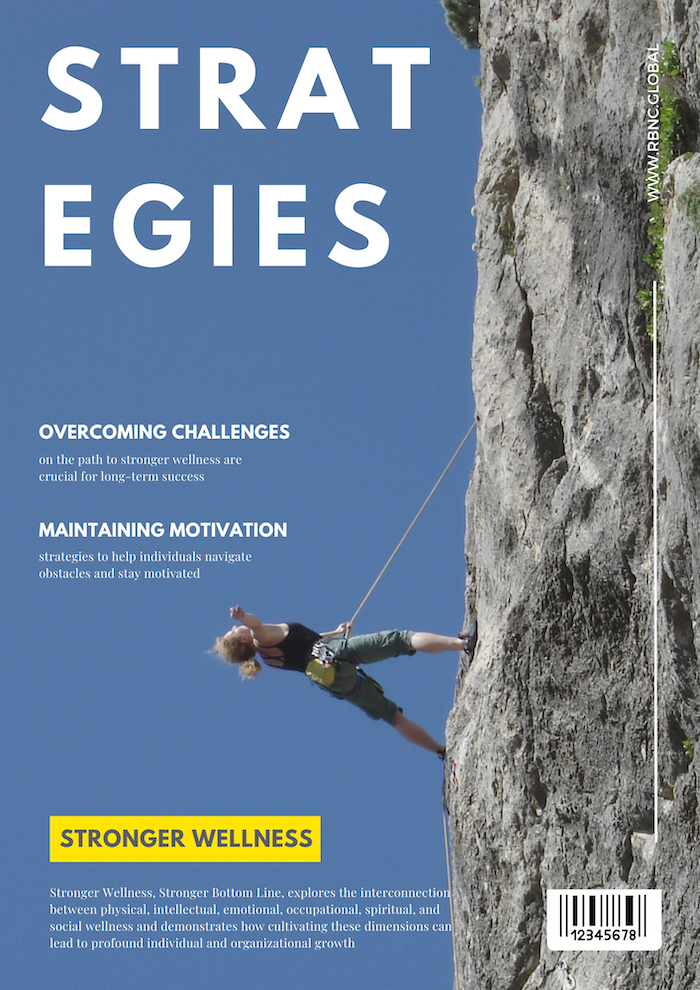Intellectual Wellness: Expanding Knowledge and Igniting Creativity
In today’s fast-paced and ever-changing world, discussions about health often focus on physical and mental well-being. However, an essential yet frequently overlooked aspect of overall wellness is intellectual wellness. This goes beyond merely acquiring facts and figures; it encompasses a passion for learning, an eagerness to explore new ideas, and active engagement in creative pursuits that challenge and stimulate the mind. Intellectual wellness fuels personal growth drives innovation and enriches our lives in countless ways.
KEY POINTS
- Intellectual wellness is crucial for overall well-being: Beyond physical and mental health, intellectual wellness, encompassing a passion for learning, exploring new ideas, and engaging in creative pursuits, is essential for a fulfilling life.
- Intellectual wellness offers numerous benefits: These benefits include enhanced cognitive function, increased creativity, improved decision-making, boosted confidence, greater stress resilience, active engagement with the world, and personal growth.
- Intellectual wellness can be cultivated through various strategies: These strategies include lifelong learning, engaging in creative activities, practicing critical thinking, nurturing curiosity, seeking intellectual challenges, connecting with others, reflecting on learning, embracing new experiences, and prioritizing sleep and nutrition.
Understanding Intellectual Wellness
Intellectual wellness is the continuous pursuit of knowledge, skill enhancement, and open-minded exploration of new concepts. It is not solely about intelligence quotient (IQ) but rather about curiosity, critical thinking, and creative problem-solving.
Think of intellectual wellness as a muscle: the more it is exercised, the stronger it becomes. Activities such as reading, writing, solving puzzles, or learning a new skill all contribute to intellectual growth. It is a lifelong journey of learning, adapting, and evolving.
Benefits of Intellectual Wellness
Prioritizing intellectual wellness offers numerous advantages that enhance various aspects of life:
- Enhanced Cognitive Function: Regular mental stimulation improves memory, attention span, and problem-solving abilities, much like physical exercise strengthens the body.
- Increased Creativity: Exposure to diverse ideas and knowledge fosters creativity, allowing us to connect different concepts and develop innovative solutions.
- Improved Decision-Making: Critical thinking, a key element of intellectual wellness, enables us to make well-reasoned and informed decisions by evaluating information objectively.
- Boosted Confidence and Self-Esteem: Acquiring new knowledge and skills instills a sense of achievement, leading to greater self-confidence in our abilities.
- Greater Stress Resilience: Engaging in intellectually stimulating activities serves as a mental escape, reducing stress and promoting relaxation.
- Active Engagement with the World: Intellectual wellness encourages curiosity about diverse cultures, ideas, and perspectives, enriching our understanding of the world.
- Personal Growth and Fulfillment: The pursuit of knowledge and self-improvement allows individuals to reach their full potential and experience a deep sense of fulfillment.
Strategies to Cultivate Intellectual Wellness
Intellectual wellness requires conscious effort and a willingness to step beyond comfort zones. Here are practical ways to foster intellectual growth:
- Commit to Lifelong Learning: Maintain a mindset of continuous learning through books, podcasts, online courses, and workshops on topics of interest.
- Engage in Creative Activities: Explore creative expression through writing, painting, music, or other artistic pursuits to stimulate the mind.
- Practice Critical Thinking: Challenge assumptions, analyze information objectively, and seek out diverse viewpoints on various issues.
- Nurture Curiosity: Ask questions, explore new places, and engage in discussions with individuals from different backgrounds.
- Seek Intellectual Challenges: Take on activities that stretch cognitive abilities, such as learning a new language, solving puzzles, or working on complex projects.
- Connect with Like-Minded Individuals: Engage in meaningful conversations, debates, and idea-sharing with others who have similar intellectual interests.
- Make Time for Reflection: Reflect on new knowledge and its application to life through journaling, meditation, or quiet contemplation.
- Embrace New Experiences: Step outside routines, travel to new places and explore unfamiliar activities to broaden perspectives and stimulate intellectual growth.
- Prioritize Sleep and Nutrition: Ensure adequate rest and a nutritious diet to support optimal brain function and cognitive abilities.
Intellectual Wellness in the Digital Age
While the digital era provides unparalleled access to knowledge and learning resources, it also presents challenges, such as information overload and constant distractions. Practicing mindfulness in digital consumption and curating an online environment that fosters intellectual growth is essential to maintaining intellectual wellness.
Conclusion
Intellectual wellness is not a final destination but an ongoing journey. By embracing lifelong learning and creative exploration, we enhance our cognitive abilities and lead richer, more fulfilling lives. Prioritizing intellectual wellness empowers us to be more innovative, resilient, and engaged individuals. So, ignite your curiosity, challenge your mind, and embark on a continuous path of learning and growth.









